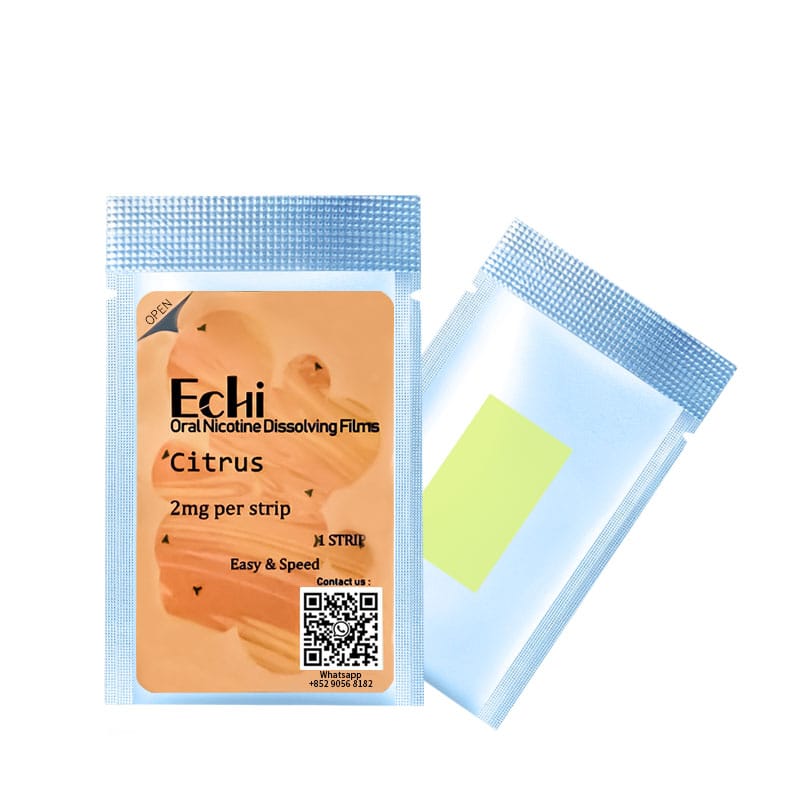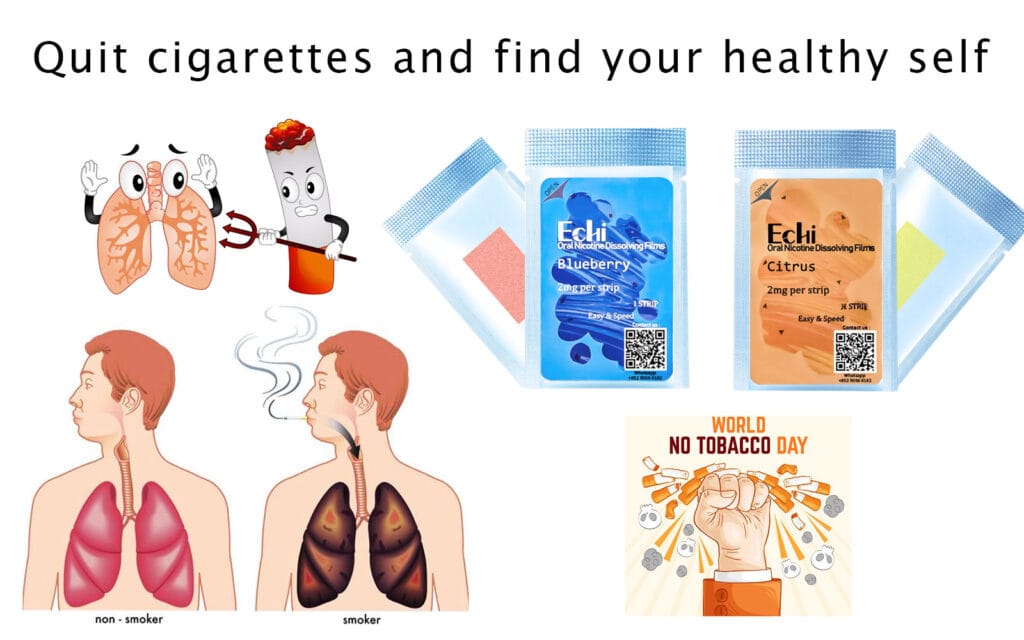Introduction
As pet owners, it’s our responsibility to protect our furry companions from any dangers lurking in our homes. While many of us are aware of the risks of certain foods or household chemicals, one often overlooked but equally dangerous substance is nicotine. This blog will answer an important question: How much nicotine can kill a dog? We’ll also explore the symptoms of nicotine poisoning and what you should do if your pet is exposed.
Why is Nicotine Dangerous for Dogs?
Nicotine is toxic to dogs, and they are more susceptible to its effects than humans due to their smaller body size and rapid metabolism. While nicotine may cause addiction and mild health risks for humans in moderate doses, it can quickly turn into a lethal poison for dogs. The substance is absorbed rapidly, affecting the nervous and cardiovascular systems.
Dogs that ingest nicotine can experience severe symptoms like tremors, abnormal heart rate, vomiting, and seizures. If untreated, nicotine poisoning can be fatal within hours.

How Much Nicotine is Lethal?
The toxic dose of nicotine for dogs is estimated at 1 mg of nicotine per pound of body weight, with the lethal dose being around 9-12 mg per pound. For reference:
- A small dog weighing 10 pounds could be fatally poisoned by as little as 9-12 mg of nicotine.
- Larger dogs, while less susceptible, can still be affected by significant amounts of nicotine.
This amount can be found in one cigarette (approximately 10-12 mg of nicotine) or in just one or two nicotine pouches.
Common Sources of Nicotine Poisoning
Nicotine is present in many products, some of which might be more accessible to dogs than others. Here are the main sources of nicotine exposure for dogs:
- Cigarettes and Cigars: Even one cigarette can be dangerous for small dogs.
- Vapes and E-cigarettes: These devices often contain nicotine in liquid form, which can be deadly if consumed by a dog.
- Nicotine Gums or Patches: These nicotine replacement therapies are designed to be absorbed slowly by humans, but ingestion by dogs can cause rapid poisoning.
- Nicotine Pouches: Products like Echi Nicotine Pouches are discreet and smokeless, providing a safer alternative for humans, but they still pose a danger if consumed by pets.
How to Keep Your Dog Safe
Nicotine poisoning can occur quickly, so prevention is the best course of action. Follow these safety guidelines to protect your pets:
- Store Nicotine Products Securely: Ensure that all nicotine products, including cigarettes, vapes, gums, and nicotine pouches, are stored out of reach of your pets.
- Dispose of Nicotine Products Safely: Nicotine products should be securely bagged and discarded in a way that pets cannot access them.
- Supervise Your Dog: If you smoke or use nicotine products outdoors, always be vigilant and ensure your dog doesn’t pick up discarded cigarette butts or other dangerous items.

For those using Echi Nicotine Pouches, while they offer harm reduction for human users by eliminating tobacco and smoke, they still contain nicotine, which can be toxic to pets. You can explore these safer alternatives for humans at Echi Nicotine Pouches.
What to Do if Your Dog Ingests Nicotine
If you suspect your dog has ingested nicotine, act fast. Here’s what you should do:
- Contact Your Veterinarian Immediately: Nicotine poisoning requires immediate medical attention.
- Monitor Symptoms: Symptoms of nicotine poisoning can appear within minutes to an hour of ingestion. They include:
- Vomiting and drooling
- Increased heart rate and respiration
- Tremors and seizures
- Weakness or paralysis
- Inducing Vomiting: Do not induce vomiting unless instructed by a veterinarian, as it may cause more harm than good.
Frequently Asked Questions(FAQs):
Q: Can dogs get nicotine poisoning from secondhand smoke?
A: Yes, dogs can suffer health effects from secondhand smoke exposure, including respiratory problems, but ingestion of nicotine directly is far more dangerous.
Q: How quickly do symptoms of nicotine poisoning appear in dogs?
A: Symptoms can begin within 15 minutes to an hour after ingestion. It’s essential to act quickly if you suspect nicotine poisoning.
Q: Can nicotine poisoning be treated?
A: Yes, with prompt veterinary intervention, many dogs can recover from nicotine poisoning. Treatment often includes inducing vomiting, administering activated charcoal, and providing IV fluids.
Conclusion
Nicotine is a potent toxin for dogs, and even small amounts can be fatal. Being aware of the dangers and ensuring that all nicotine products are securely stored away can help prevent tragic accidents. If you’re a pet owner and also a nicotine user, consider switching to safer alternatives like Echi Nicotine Pouches, but remember, all nicotine products can pose a risk to your dog.
For more information on safer nicotine alternatives, visit Echi Nicotine Pouches.
Your pet’s health is in your hands—keep them safe from the dangers of nicotine!






